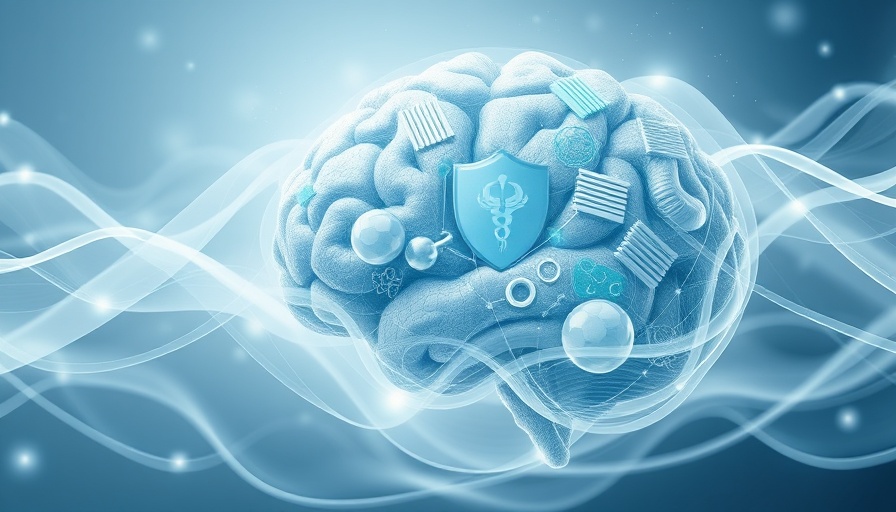
Understanding Cognitive Impairment in Aging
As our loved ones age, changes in memory and cognitive function can become a source of concern for many families. Whether it’s a parent appearing confused more frequently or a spouse struggling to perform simple tasks, recognizing the signs of cognitive impairment is vital. But how can we distinguish between normal aging and more troubling signs such as dementia or Alzheimer’s?
Defining Cognitive Impairment: More Than Just Aging
Cognitive impairment, also referred to as cognitive decline, encompasses various issues related to memory, concentration, and thinking capabilities that surpass expected changes due to normal aging processes. These impairments can manifest suddenly or gradually and may be temporary or progressive, making it essential to understand their potential causes.
Seeking Medical Evaluation: The Importance of Early Action
When cognitive issues arise, it’s crucial for families to seek a medical evaluation as soon as possible. Understanding the underlying health issues is necessary for effective treatment. Many health problems can lead to cognitive impairment, so early detection, diagnosis, and management are vital for improving outcomes.
Common Causes of Cognitive Decline in Older Adults
Cognitive impairment is often multifaceted, meaning it can stem from a combination of factors. Here are some of the most common causes that can affect cognitive function in seniors:
- Medication Side Effects: Many medications, particularly sedatives and anticholinergics, can lead to cognitive problems. Recognizing the impact of these medications is crucial in managing cognitive health.
- Metabolic Imbalances: Abnormal blood chemistry, such as irregular sodium, calcium, or glucose levels, can disrupt brain function. Kidney and liver dysfunctions are also key contributors to these imbalances.
- Hormonal Changes: Changes in hormone levels, particularly thyroid and sex hormones, can significantly affect cognitive capabilities.
- Vitamin Deficiencies: Deficiencies in essential vitamins and nutrients can result in cognitive decline that might be mistaken for dementia.
Evaluating Cognitive Impairment: 10 Essential Medical Checks
To facilitate an initial medical evaluation for a loved one experiencing cognitive decline, consider suggesting the following assessments that physicians will typically conduct:
- Comprehensive Health History: A thorough health history will help physicians identify potential underlying issues.
- Medication Review: Assessing current prescriptions for potential side effects or interactions.
- Cognitive Testing: Simple cognitive tests can gauge memory and problem-solving capabilities.
- Blood Tests: Evaluating for metabolic imbalances and vitamin deficiencies.
- Imaging Studies: Brain scans can provide insight into structural issues or abnormalities.
Future Trends in Cognitive Health Management
As our understanding of cognitive impairment evolves, so too do the technologies and strategies for assessing and treating these conditions. Advances in neuroimaging, AI diagnostics, and tailored pharmaceutical therapies hold promise for future interventions in the realm of cognitive health. Moreover, lifestyle changes such as diet, exercise, and mental stimulation are increasingly recognized for their vital role in maintaining cognitive function as we age.
Ultimately, awareness and proactive measures are necessary as we navigate the complexities of cognitive health in our aging loved ones. By being informed about the common causes of cognitive impairment and encouraging early evaluations, families can address concerns effectively and embrace the journey of caregiving with confidence and compassion.
 Add Row
Add Row  Add
Add 




Write A Comment